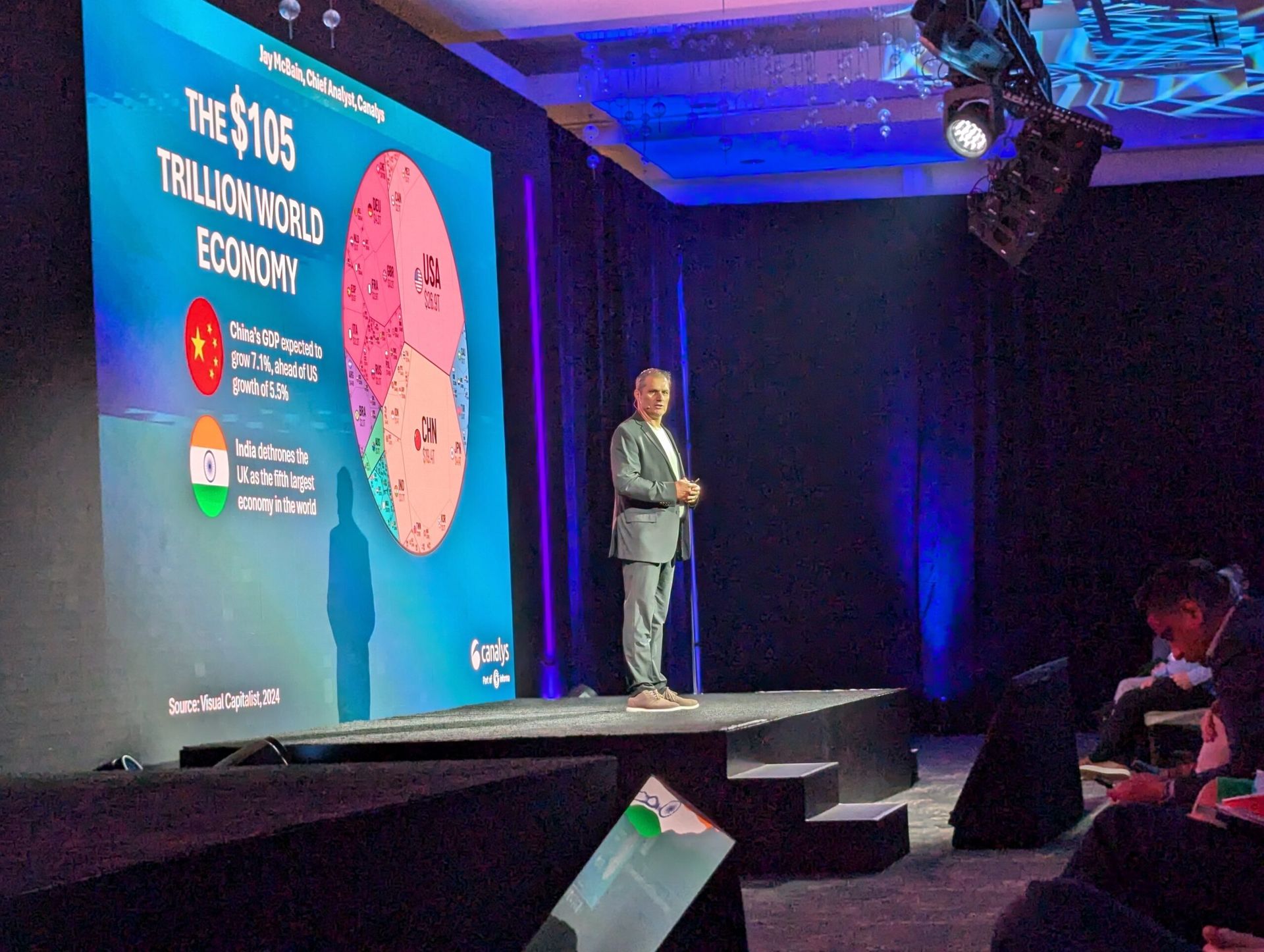Despite the push for return-to-office and on-site work, there are still plenty of fully remote, hybrid and flexible work environments that need to be monitored, managed and secured. And the combination of setups -- on-premises, fully remote, hybrid and flexible -- means plenty of opportunity for managed service providers (MSPs) and managed security service providers (MSSPs) to help these businesses succeed.
"We see the 'work from anywhere' environment as a huge opportunity for MSPs, because businesses will need extensive help with installations, monitoring and support with their staffs in many different places on any given day," said Evan Rice, COO at Rev.io. "In particular, SMBs that do not have significant in-house IT staff will heavily rely on MSPs that can enable them to run effectively in these distributed work environments."
The key challenge for MSPs, Rice said, is how they manage the significant complexity associated with a growing number of jobs across many locations. These organizations' team members will, by necessity, often rely on automated tools that can help them get their work done in the most efficient way possible. Unfortunately, lots of MSPs rely on antiquated tools and processes that were not built for the distributed work environment that we are in today, Rice said.
Professional Services Automation (PSA) Saves the Day
To address this challenge, Rice said, professional services automation (PSA) should be at the center of an MSP’s back-office operations. However, MSPs shouldn't just jump on the first tool they find, but should take a close look at whether a particular PSA has all the elements needed to completely support the workflows.
"It's really important that MSPs examine if a PSA includes full CRM functionality (which is applicable both pre- and post-sales), service orders, ticketing, inventory management, field tech management and time tracking and overall project management," Rice explained. "Additionally, MSPs should look at how their PSA fits in with financial processing to allow them to quickly realize revenue from their operations. Quoting, billing, payment processing and flow through to accounting systems need to be a part of the PSA, or at least connected via strong integrations," he said.
Focus on Customer-First, But Keep an Eye Out for Opportunity
Every great MSP leader has a “customer-first” mindset, Rice said. They obsess over how they can enable the best possible outcomes in their technology, and they spend a lot of time staying current on trends and the latest tools they can add to their customer’s technology stack, he said. But that sometimes means that they miss opportunities for more fundamental, foundational technologies that could have a dramatic impact on their business and could help it grow and expand.
"The tradeoff of this practice is that some MSP leaders do not have the time or mindspace to evaluate their own internal tools and technology. Across the marketplace, there are many service providers that are missing opportunities to grow their customer base, while also leaving money on the table through inefficiencies," Rice said. "We encourage MSPs to think about their operational software not as a pure cost item but as a lever to enhance ROI. For PSA tools specifically, the ability to manage your business well at the intersection of service orders, inventories, field techs and project management is essential to meet the core goal of better service for your end customers," Rice said.
The Role of AI
And of course, the flow through of completing jobs faster at a lower cost will improve your margins, allowing you to reinvest in your business and ultimately grow the number of customers you can help in the longer-term, he added. AI also has a major role to play in PSA and related back-office solutions, but it isn't necessarily focused where you might think.
"When AI became part of the public’s consciousness last year, the focus was on tools like ChatGPT and other open source tools that could easily distill information and help with more labor intensive tasks like writing repetitive emails. The use case for AI to reduce the time spent on small tasks like this has huge implications for scale, and MSPs can continue to avail themselves of these tools," Rice said.
"Looking ahead, we’re very excited about how AI experts are beginning to apply the technology practically to purpose-built solutions that MSPs use today. At Rev.io, we have a dedicated AI and Analytics team within our technology organization that works on applications within our different software products," he said.
Overall, Rice added, MSPs will benefit from AI where it can help generate trend analysis from analyzing data and responding to user queries. "High quality outputs, particularly around profitability metrics that are essential for our clients to understand and act upon, will allow MSP leaders to anticipate trends and make data-driven business decisions in areas where they may just have done guess work historically," he said.




